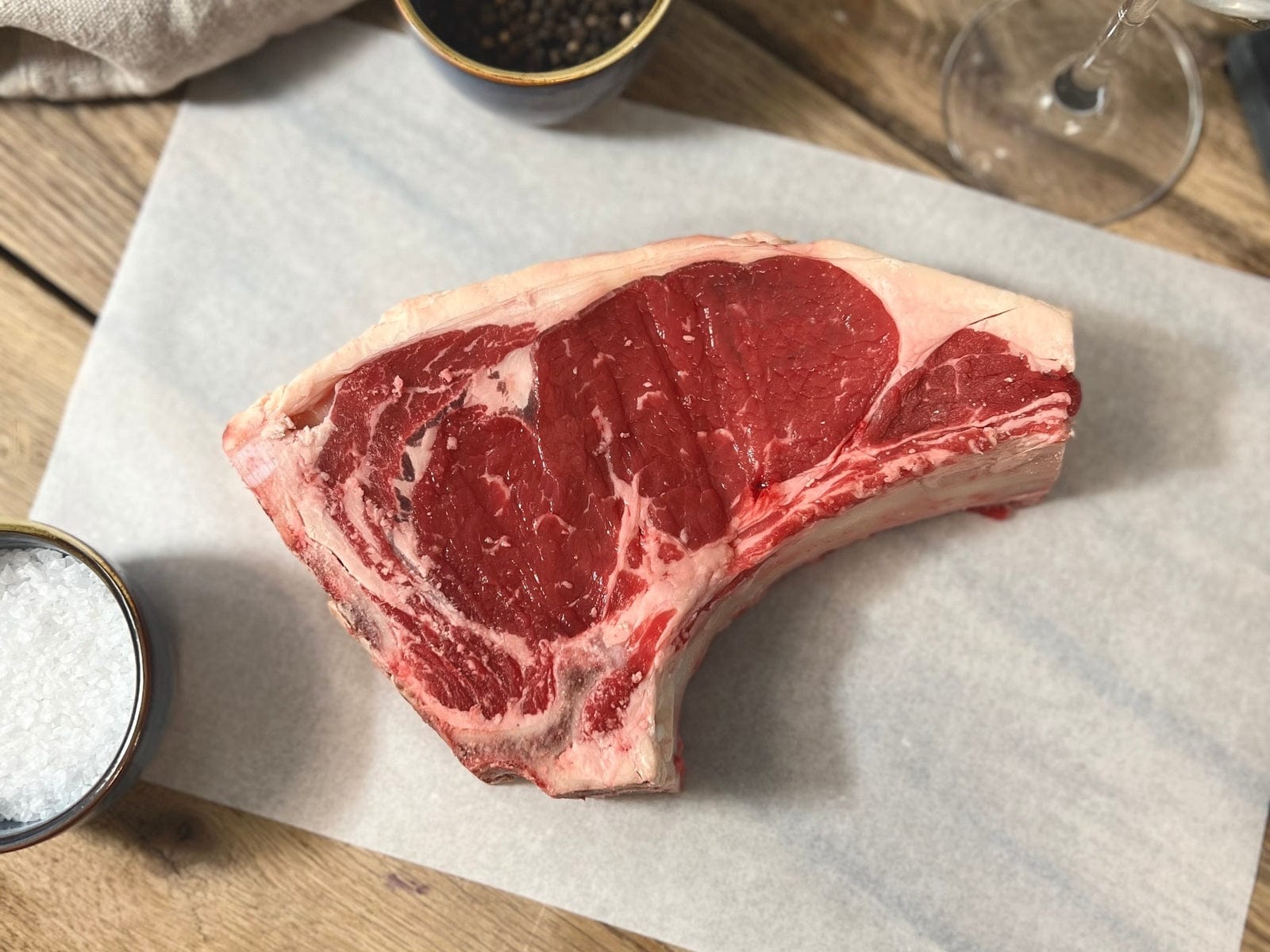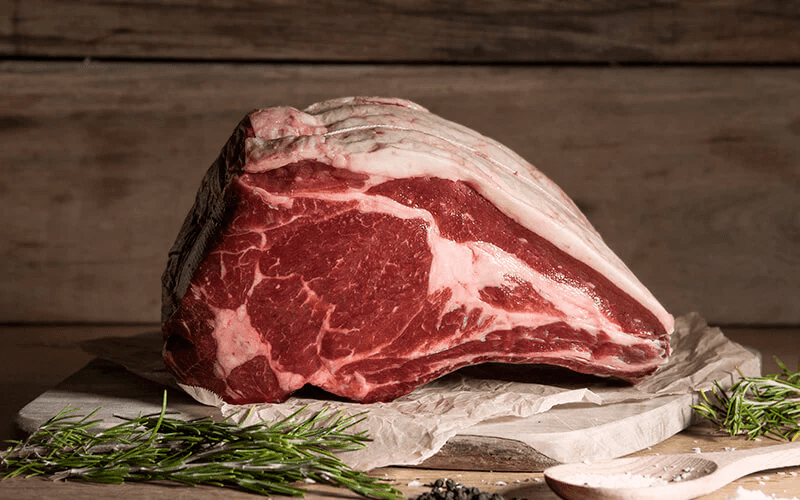When it comes to health, few topics spark as much interest as the gut. Often referred to as the body’s “second brain,” your gut influences digestion, immunity, mental wellbeing, and even energy levels. But how does eating meat, particularly organic meat, fit into maintaining a healthy gut? At Eversfield Organic, we’re passionate about helping you understand the connection between what’s on your plate and the wellbeing of your digestive system.
Understanding Gut Health
Your gut is home to trillions of microorganisms—collectively known as the gut microbiome—that help digest food, synthesize certain vitamins, and regulate immune function. A diverse, balanced microbiome supports overall health, while imbalance can lead to digestive discomfort, inflammation, and other health issues. Diet plays a crucial role in shaping this microbiome, with fibre, protein, and fermented foods all influencing the bacterial ecosystem.
Meat and the Gut: What You Need to Know
Protein, including meat, is an essential part of a healthy diet. It’s crucial for building and repairing tissues, supporting the immune system, and providing energy. Humans have been eating meat for millennia, and our digestive systems are well-adapted to processing it. That said, meat consumption can affect gut health differently depending on its source, processing, and preparation.
Organic Meat and Gut Benefits
Organic meat isn’t just about sustainability and animal welfare—it can also support gut health in subtle ways. Animals raised organically tend to have diets free from synthetic chemicals, antibiotics, and hormones, which may reduce exposure to substances that could impact gut bacteria.
Additionally, organic meat often comes from animals raised in high-welfare environments, leading to meat that is richer in omega-3 fatty acids, conjugated linoleic acid (CLA), and micronutrients—all of which support inflammation balance and metabolic health.
Age Matters: Aged Meat and Digestibility
Dry-aged and slow-aged meats can have benefits for digestion. The aging process naturally breaks down proteins and connective tissue, making meat more tender and easier to digest. For people with sensitive digestion, aged organic meat can be gentler on the gut while still providing the nutrients essential for health.
Histamines and Sensitivity
Some meat, particularly when aged or stored for longer periods, can contain higher levels of histamines. Histamines are naturally occurring compounds that can cause reactions in sensitive individuals, such as bloating, headaches, or digestive upset. Understanding your own tolerance and choosing fresh, organic, and properly stored meat can help minimise any negative effects.
Protein and Microbiome Diversity
While fibre is often highlighted for gut health, protein is just as important. High-quality meat provides essential amino acids that support gut lining repair and the production of neurotransmitters that regulate digestion. Incorporating organic meat alongside a diet rich in vegetables, whole grains, and fermented foods can help maintain a balanced, diverse microbiome.
Meat in Human History and the Carnivore Perspective
Humans have evolved as omnivores, with meat historically forming a key part of our diet. Archaeological evidence shows early humans relied on both plant and animal sources for nutrition, using meat as a dense source of protein, fat, and micronutrients essential for brain and body development. Modern research suggests that meat, when consumed as part of a balanced diet, can contribute positively to gut health by providing bioavailable nutrients that plants alone may not supply.
Tips for Supporting Gut Health While Enjoying Meat
-
Choose organic where possible: It reduces exposure to antibiotics, hormones, and pesticides.
-
Include a variety of meats: Beef, lamb, chicken, and pork all offer different nutrients and amino acid profiles.
-
Opt for aged or tender cuts: Easier to digest and can be gentler on sensitive digestive systems.
-
Pair with plant foods: Vegetables, legumes, and whole grains provide fibre to feed your microbiome.
-
Cook gently: Slow cooking, stewing, or roasting preserves nutrients and aids digestibility.
-
Monitor individual responses: Pay attention to how different meats and preparations affect your digestion.
Final Thoughts
Eating meat doesn’t have to compromise gut health. By choosing high-quality, organic products, incorporating a variety of cuts, and balancing your diet with fibre-rich foods, you can enjoy the nutrition and flavour of meat while supporting your gut microbiome. At Eversfield Organic, we’re proud to provide responsibly sourced, high-welfare meats that fit seamlessly into a gut-friendly lifestyle.


















